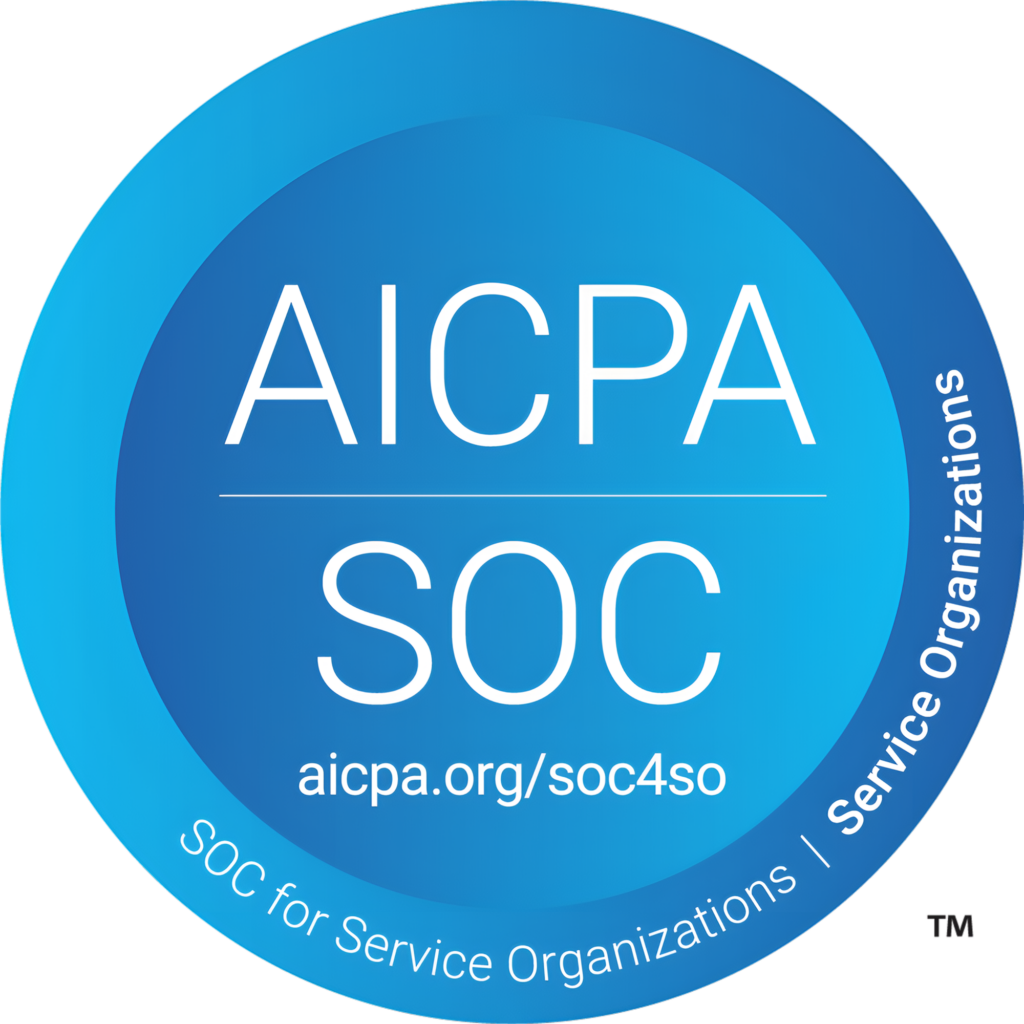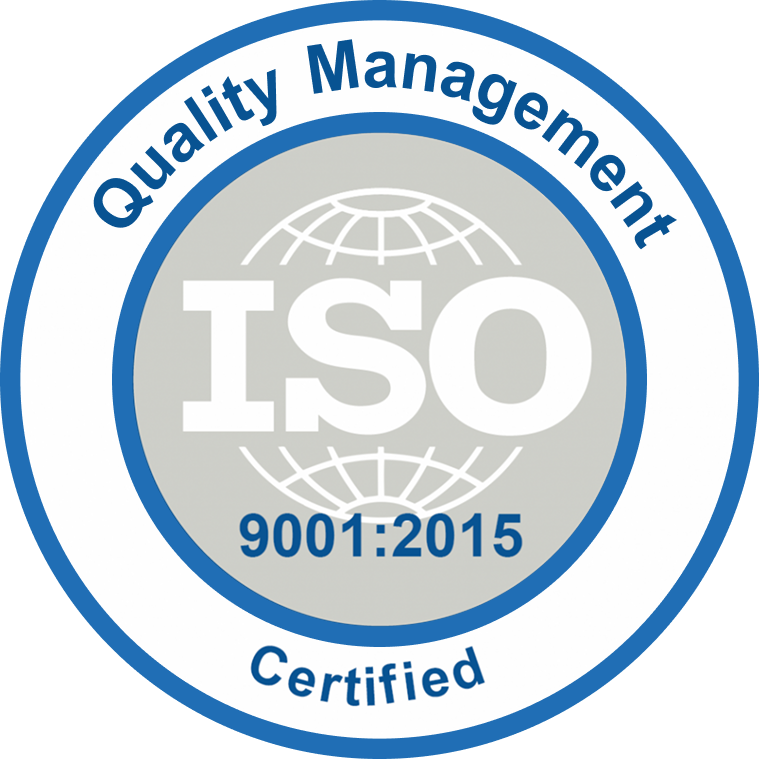Introduction
In today’s business environment, finding efficient methods to address unique challenges is essential. Microsoft’s Power Platform Well Architected Framework provides a solid foundation for building scalable, reliable, and efficient custom solutions. This blog explores how this framework was used to create a solution tailored to the specific requirements of a top university in the USA.
Understanding the Power Platform Well Architected Framework
Microsoft’s Power Platform Well Architected Framework emphasizes five pillars:
- Cost Optimization
- Operational Excellence
- Performance Efficiency
- Reliability
- Security
By following these principles, solutions can be architected to be both effective and sustainable. This section explains how this framework addressed the specific needs of the university.
The Challenge
The university faced several operational inefficiencies that affected productivity and resources. Their main challenges included:
- Legacy Platform: The data they were accessing were from a legacy platform which does not have ability perform wild card search and fuzzy search
- Data Silos: Separate systems causing inconsistent data and reporting issues.
- Scalability Issues: Difficulty in scaling operations to meet growth as the systems were old.
- Security Concerns: Ensuring data security and compliance with regulations.
Solution Architecture with Power Platform
To address these challenges, the Power Platform Well Architected Framework was applied in developing the solution. Tools used included Power Apps, Power Automate, Dataverse and SharePoint document management. The approach involved:
- Enterprise Search
- Use Case: The university wanted to perform wild card and fuzzy logic search on multiline text column where the legacy data is migrated and persisted as text.
-
- Utilized existing Microsoft 365 search API to design a search logic that can search multiline field.
- Cost Optimization
- Use Case: A cost-effective solution was required without significant upfront investment.
-
- Utilized existing Microsoft 365 licenses to reduce costs.
-
- Designed serverless solutions to minimize infrastructure expenses.
- Operational Excellence
- Use Case: Automation of manual processes was necessary to reduce operational workload.
-
- Implemented Power Automate to streamline repetitive tasks and integrate legacy systems, reducing manual data entry and reporting times.
-
- Established governance policies for consistent data management.
- Performance Efficiency
- Use Case: Needed to scale to manage increasing data volumes and user loads.
-
- Employed Dataverse for relational data storage, ensuring high performance for data-intensive tasks.
-
- Optimized application performance with efficient database queries and minimal API calls.
- Reliability
- Use Case: Required a robust and reliable solution with minimal downtime.
-
- Implemented automated testing and deployment pipelines to ensure quality releases.
-
- Used built-in resilience features in Power Platform to enhance reliability.
- Security
- Use Case: Ensured data protection and compliance with industry standards.
-
- Applied role-based security in Dataverse to control access to sensitive information.
-
- Enabled multi-factor authentication (MFA) and compliance features to protect data.
The Results
Applying the Power Platform Well Architected Framework resulted in several improvements for the university:
- Efficiency Gains: Automated workflows reduced processing time by 60%, allowing employees to focus on more valuable tasks.
- Improved Data Integrity: Centralized data management provided accurate and timely reports, aiding decision-making.
- Scalability: The solution scaled effectively with business growth without extensive rework.
- Enhanced Security: Robust security measures ensured data protection and regulatory compliance.
Conclusion
The Power Platform Well Architected Framework offered an effective approach to addressing the university’s challenges. By focusing on cost optimization, operational excellence, performance efficiency, reliability, and security, a custom solution was developed that met their business needs. This framework serves as a blueprint for success in leveraging digital solutions.
Interested in using Power Platform for your business? Contact us to learn how we can develop a solution tailored to your needs.

